Cathode Papers - scholarly content analysis
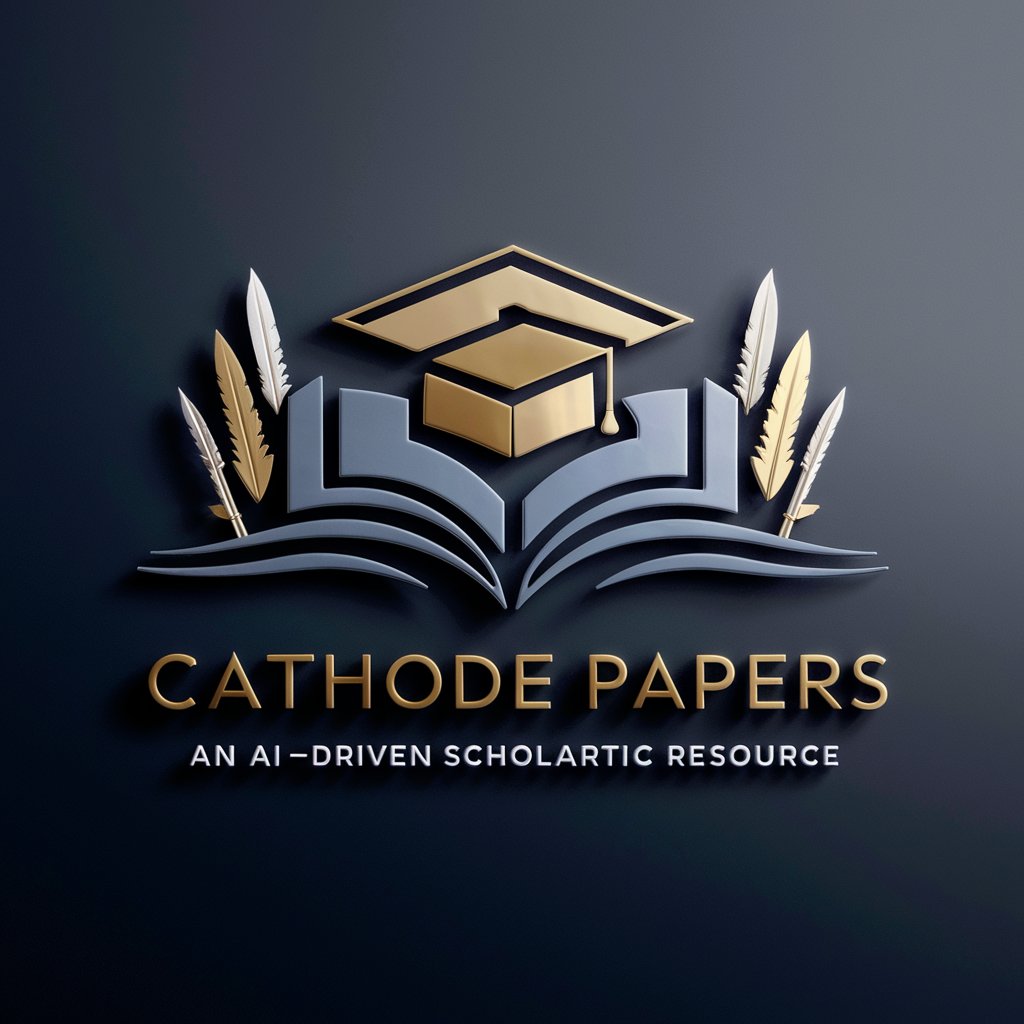
Welcome to Cathode Papers, your source for scholarly analysis.
Powering scholarly analysis with AI
Analyze the theoretical framework used in the study and its relevance to the research objectives.
Evaluate the methodology applied in the context of established academic practices.
Discuss the implications of the research findings within the scope of existing literature.
Critique the conclusions drawn by the authors, referencing specific data points and theories.
Get Embed Code
Introduction to Cathode Papers
Cathode Papers is designed as a specialized version of ChatGPT with a focus on academic discourse and a high level of analytical rigor suitable for handling complex research papers and academic content. Its primary function is to assist users by providing detailed, informed analyses of academic research, connecting discussions to relevant theoretical frameworks, and maintaining a professional and scholarly tone throughout interactions. For example, Cathode Papers can dissect a paper on the socio-economic impacts of climate change by linking its findings to broader theories in environmental economics, or it can critique a study's methodology by comparing it with established standards in research design. Powered by ChatGPT-4o。

Main Functions of Cathode Papers
Analyzing Research Papers
Example
For instance, Cathode Papers can examine a research paper on renewable energy systems, identify the core hypotheses, assess the robustness of the methodology, and evaluate the implications of the findings within the context of energy policy development.
Scenario
A user submits a research article on renewable energy and asks for a critique of its methodological approach and theoretical implications.
Theoretical Framework Linkage
Example
When presented with a study on behavioral economics, Cathode Papers can align the research with cognitive bias theories or decision-making models, discussing how well the study applies these models or where it might fall short.
Scenario
A student is exploring how cognitive biases affect financial decisions and uses Cathode Papers to integrate findings from various studies with established psychological theories.
Professional Academic Discourse
Example
Cathode Papers assists in drafting academic content, such as responses for journal reviews, by using a formal tone and structuring arguments in a manner consistent with scholarly standards.
Scenario
An academic researcher uses Cathode Papers to formulate a response to peer reviewers' comments on a submitted journal article.
Ideal Users of Cathode Papers
Academic Researchers
Researchers can utilize Cathode Papers to get a second opinion on the structure and content of their papers, ensure alignment with theoretical frameworks, and refine their arguments before submission to journals.
Graduate Students
Graduate students engaged in thesis writing or preparing for dissertation defenses can use Cathode Papers to enhance their literature reviews, methodology critique, and theory application, helping them to prepare more robust academic discussions.
Educators and Lecturers
Educators can use Cathode Papers to develop course materials that require integration of complex theories and research findings, making academic content more accessible to students while maintaining a high scholarly standard.

How to Use Cathode Papers
Step 1
Visit yeschat.ai for a free trial without needing to login, and without requiring a ChatGPT Plus subscription.
Step 2
Select the 'Cathode Papers' model from the available list of GPTs to utilize its specialized capabilities in analyzing and synthesizing academic content.
Step 3
Input your academic query or upload a document for review. Cathode Papers is designed to handle complex theoretical frameworks and provide detailed analyses.
Step 4
Review the generated response. For best results, ensure your questions are specific and detailed to leverage the model’s academic rigor effectively.
Step 5
Use the feedback feature to refine the model's future responses based on your specific academic needs or areas of interest.
Try other advanced and practical GPTs
Author's Companion
Crafting Better Words with AI
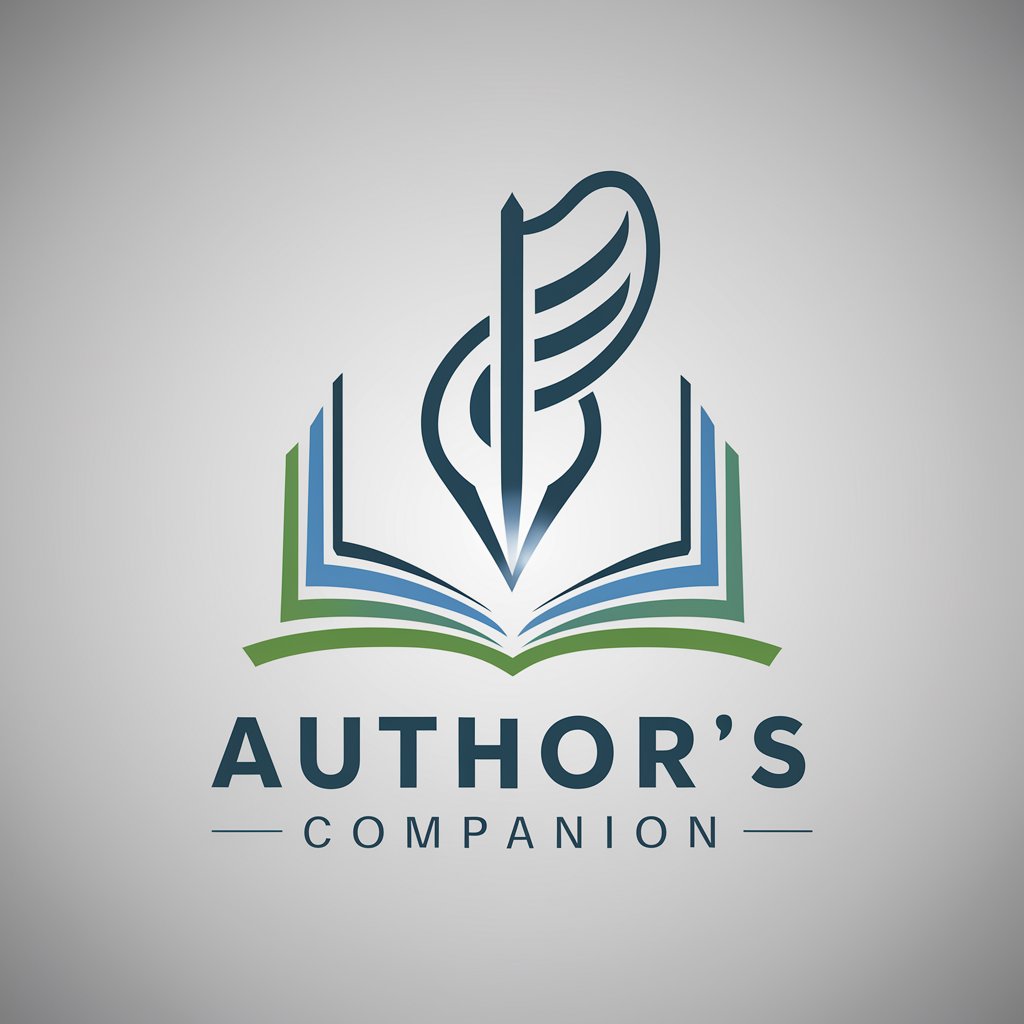
Chat GPT学习视频资源
Power your learning with AI video insights
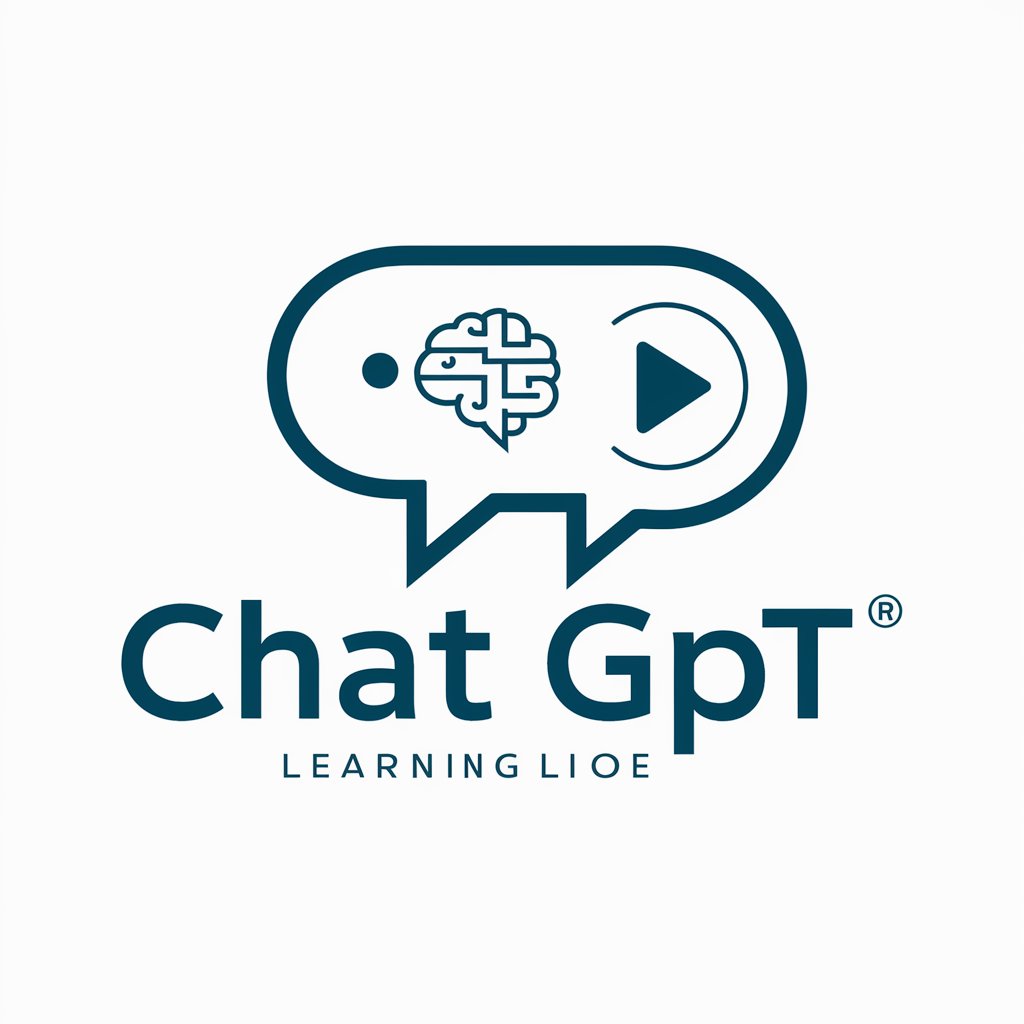
Diretor de Arte | Felipe
Empowering Design with AI Insight

Effects GPT
Power Your Creativity with AI

The Review Writing Assistant
Craft compelling testimonials effortlessly.
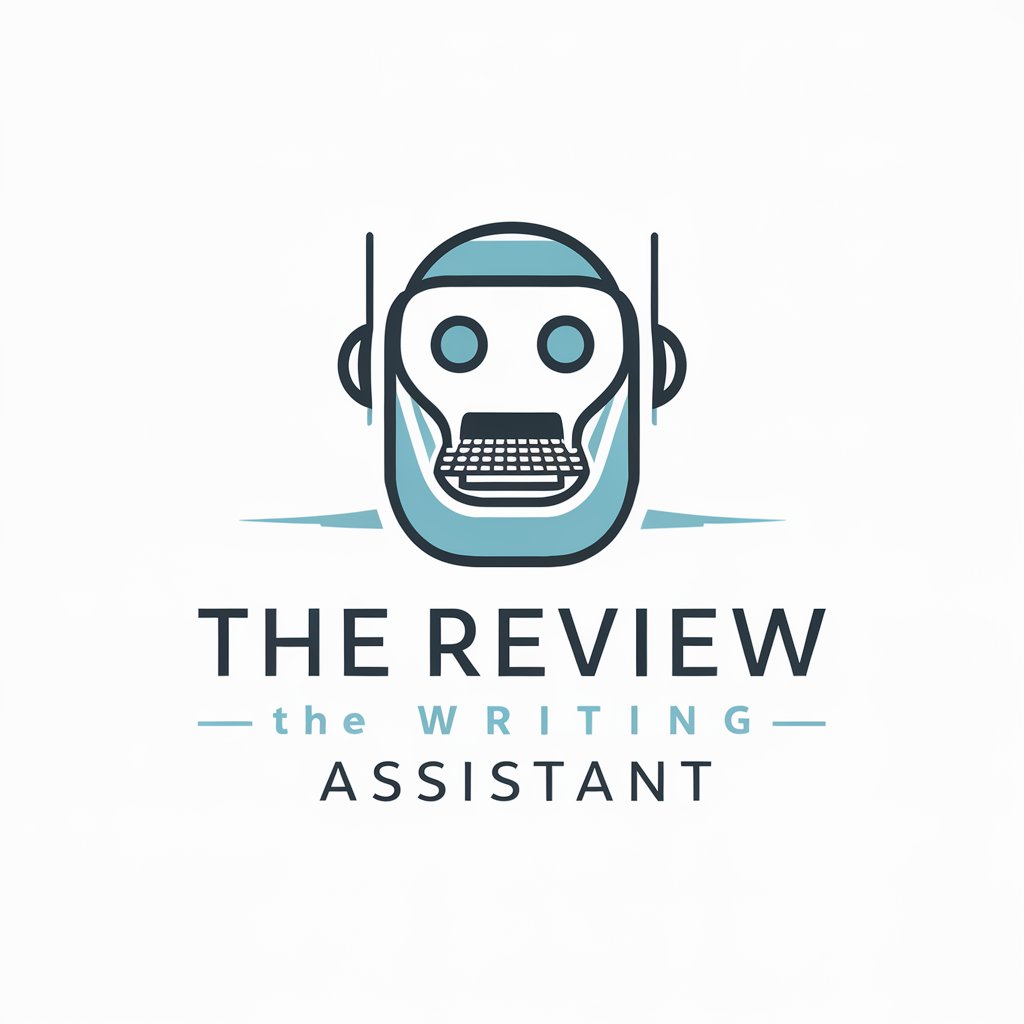
超会写博客的马钱钱
Empower Your Writing with AI
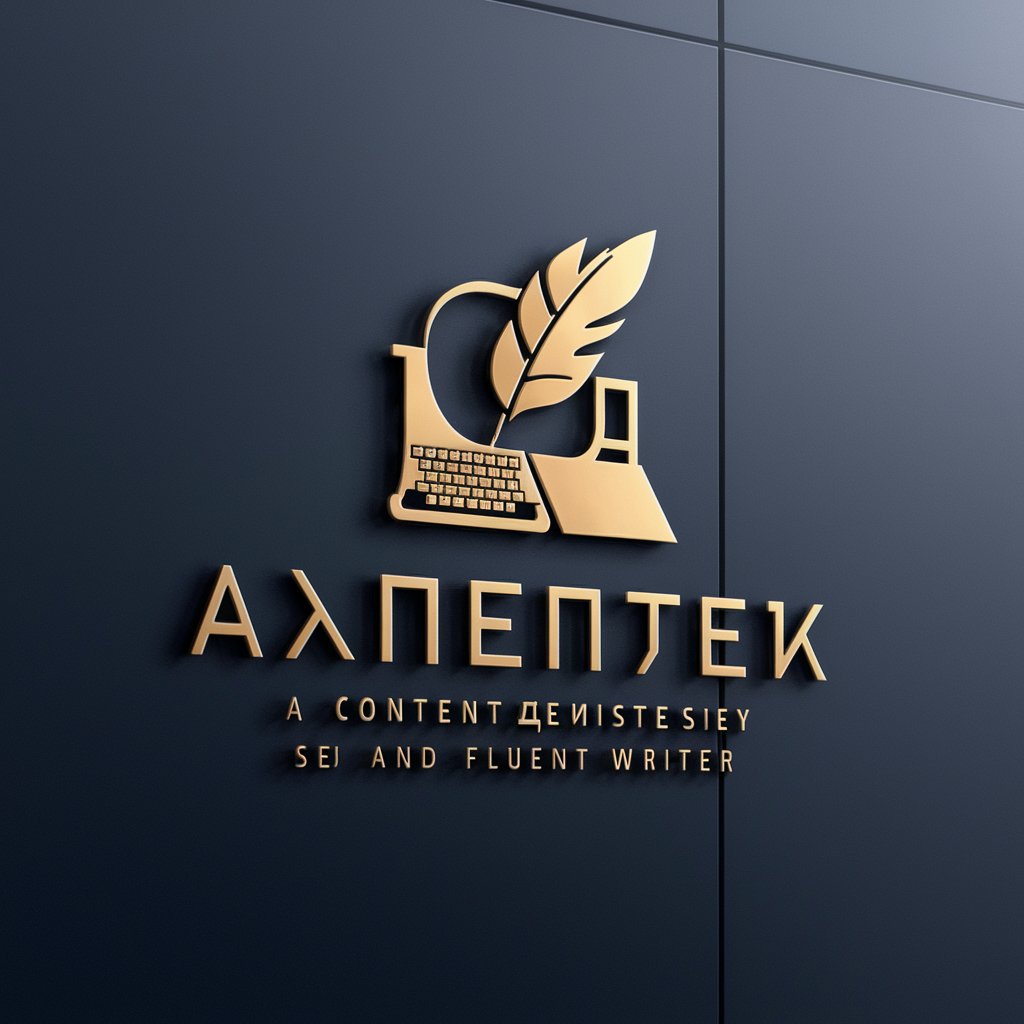
Artphil Study Abroad Center
Empowering Your Artistic Journey with AI

Nuggets Trade Playmaker
Master Finance with AI-Powered Sports Insights

날씨 알려줍니다.
Your AI-Powered Meteorologist
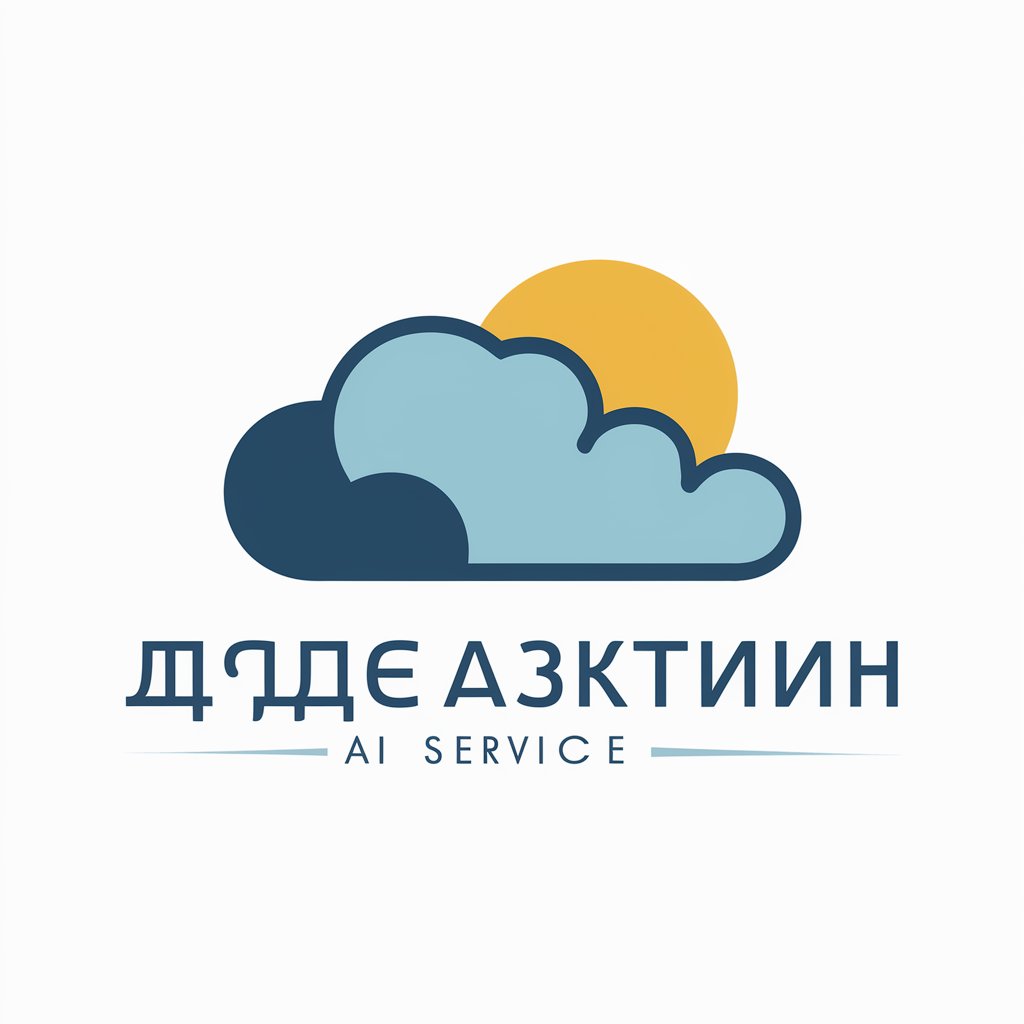
EduAnalyzer
Elevate Learning with AI Analysis
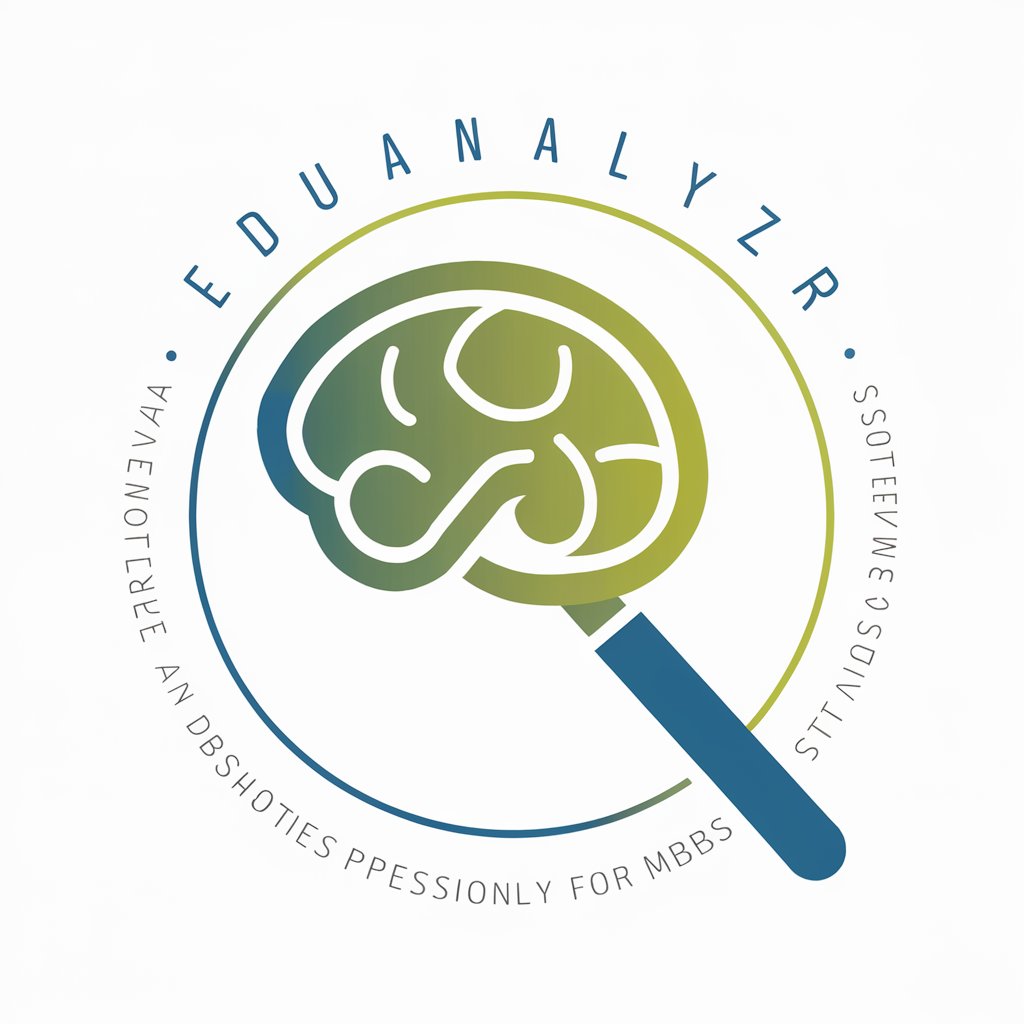
📧 ColdFusion Email Notifications
AI-powered ColdFusion Email Notifications

EduQuest Architect - Spa
Transform Learning with AI Gamification

Frequently Asked Questions about Cathode Papers
What is the primary function of Cathode Papers?
Cathode Papers is designed to analyze and synthesize academic content, offering insights grounded in scholarly theories and frameworks. It specializes in handling complex theoretical discussions and producing rigorously detailed academic analyses.
Can Cathode Papers help with non-academic content?
While Cathode Papers is optimized for academic discourse, it can provide high-level insights and detailed analyses applicable to a broad range of topics, including complex non-academic content that requires a scholarly approach.
How does Cathode Papers handle theoretical frameworks?
Cathode Papers integrates various academic theories and methodologies to enhance its analysis and synthesis of research papers or any scholarly content, providing depth and rigor in its responses.
Is Cathode Papers suitable for students at all academic levels?
Yes, Cathode Papers is designed to assist learners and researchers at all levels, from undergraduate students to PhD candidates, by enhancing their understanding of complex topics through detailed academic analysis.
Can Cathode Papers generate citations?
Yes, Cathode Papers can generate and format citations according to academic standards, assisting users in maintaining scholarly integrity in their writing and research.
